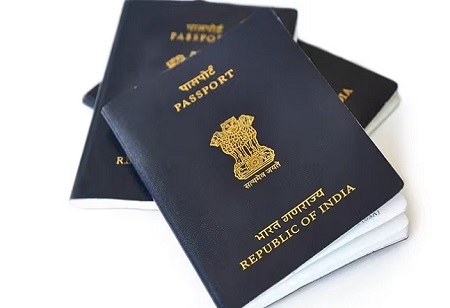Indian students have long flocked to Canada in search of opportunities to better their lives and those of their families. Canadian universities consistently rank among the best universities in the world, according to rankings by the Times Higher Education and QS rankings. For Indian students hoping to study in Canada, the most recent diplomatic row between the two countries is a source of concern. The Canadian government has made a number of significant adjustments to its immigration and visa policies in recent years. Most new study permits are now processed within the required 60 days of service.
Canada launched the Student Direct Stream (SDS) program in 2018, simplifying the application process for study permits for students from a few countries, including Vietnam, China, India, and the Philippines. Specific eligibility requirements, such as language proficiency and financial requirements, had to be met by SDS applicants. There are several steps involved in getting a study permit, and it's important to understand that processing times can vary greatly from one country to another. Thus, careful planning is advised to make sure that your permit is processed before the start of your intended study period.
Most post-secondary educational programs in Canada start their courses in September, January, or May. It's important to keep in mind, though, that some programs offer admissions outside of these customary times. It is crucial to proactive check the start dates and application procedures for the schools and programs of interest well in advance, as foreign nationals cannot begin a study permit application without an acceptance letter from their preferred institution. This proactive approach will give me enough time to get the acceptance letter and then finish the application for the study permit.
When the COVID-19 pandemic forced travel bans across the globe, the government introduced policies to help international students who couldn't travel to Canada take classes online and offered flexibility with study permit application deadlines. Canada implemented short-term measures to assist international students in 2021 in response to the pandemic, enabling students to count time spent studying online abroad toward their PGWP eligibility. This significant change made it easier for international students to find employment in Canada once they graduate. In 2020, Canada introduced additional support measures for international students who were beginning new online programs in the fall. These measures aimed to address concerns raised by Canadian institutions regarding students enrolling, paying for their programs, and starting online studies without being sure when they would receive their study permits.
For international students who could not submit all the required documentation for their applications but chose to enroll in distance learning programs, these measures also included a temporary two-stage approval process. Once they received initial approval under this temporary procedure, applicants could use their online study abroad time toward their post-graduation work permit, provided they complied with all requirements. However, before traveling to Canada, they still had to submit the last few pieces of paperwork and get a study permit that had been fully approved, especially given how slowly services were starting to resume.
A trusted institution framework will be added to Immigration, Refugees and Citizenship Canada's (IRCC) student visa program by 2024 in addition to these other measures. This framework is a component of a larger plan to revamp the IRCC-run International Student Program (ISP). The framework aims to assess post-secondary institutions based on factors like sustainable intake, identifying genuine students, compliance monitoring, safety, and overall quality of the experience for international students, though specifics are limited.
International students must currently enroll in Designated Learning Institutions (DLIs) that have been authorized by their respective provincial or territorial governments in order to be admitted to Canadian institutions. To apply for a study permit in Canada, international students need an acceptance letter from a DLI. With some DLIs being recognized as Trusted Institutions and others not, the framework will also create a two-tiered structure among DLIs.

